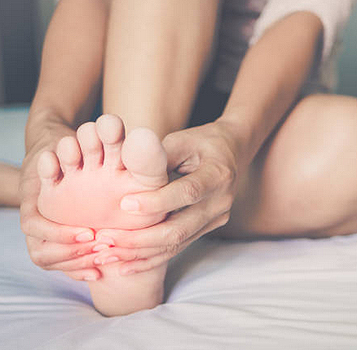Another common form of pain during pregnancy is leg pain. Leg pain, such as like achiness and swelling, may be unfamiliar symptoms during your pregnancy. But you do not have to worry, even if you notice dark, bulging veins on your legs — they’re just varicose veins.
Varicose veins are swollen veins in your legs that appear blue or purple on the surface of your skin. They may even look bumpy. The skin near these veins may itch or burn. You may feel self-conscious about the way varicose veins look. You may be more bothered by pain or discomfort in your lower extremities that you never had when you were pregnant before.


